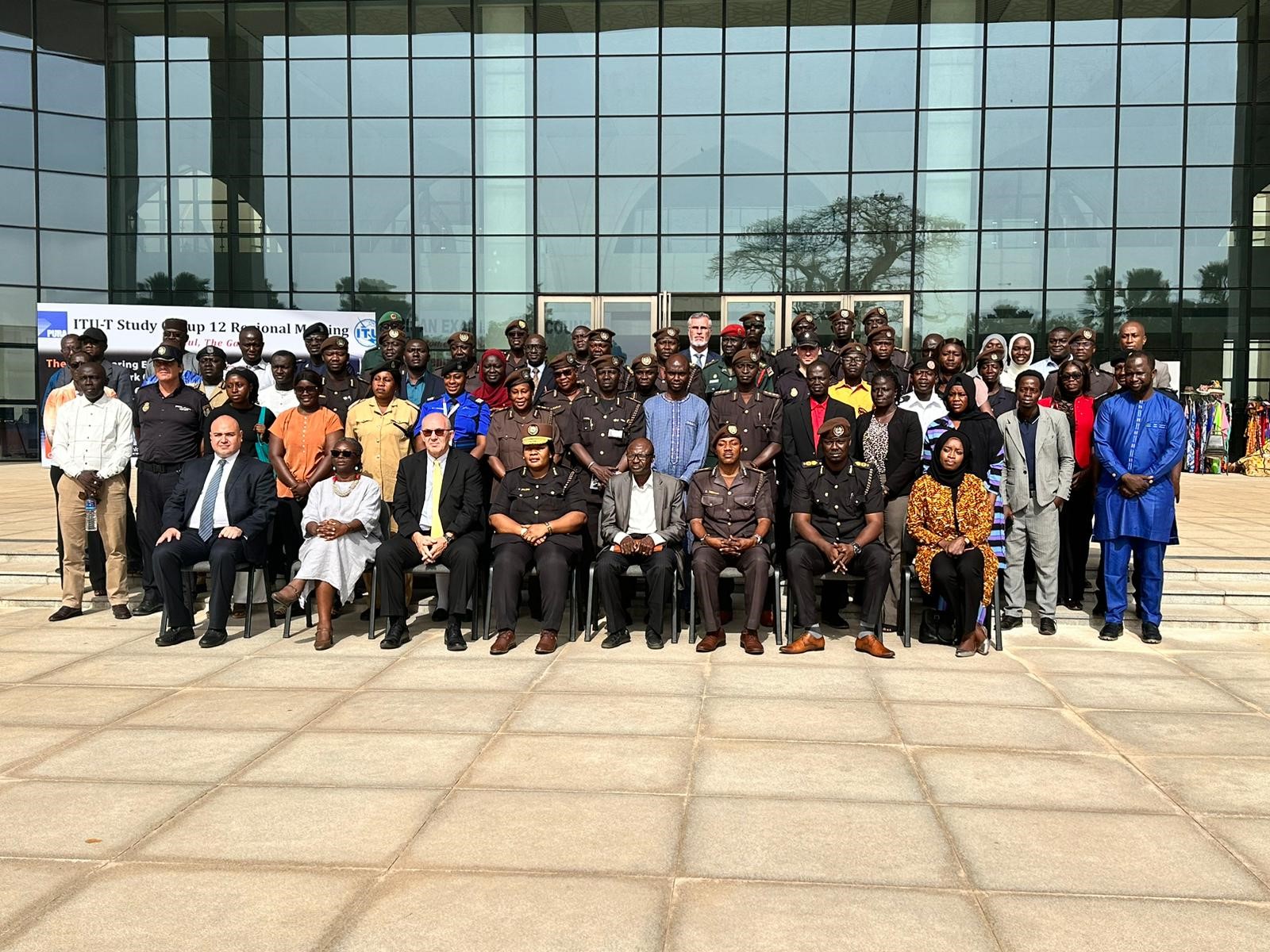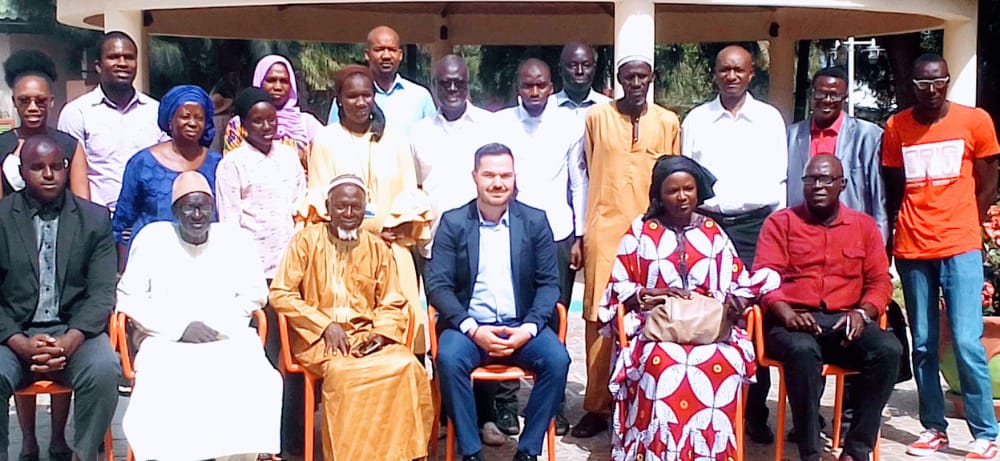By David Kujabi
The Gambia Immigration Department (GID), in partnership with the Geneva Centre for Security Sector Governance (DCAF), has convened a two-day national stakeholders’ validation of The Gambia Immigration Bill and Code of Conduct. The event brought together relevant state actors, civil society organizations, academia, and those working on themes relating to migration governance in The Gambia.
The new bill, which is set to replace the Gambia Immigration Act of 1965 once passed through parliament and endorsed by the president, is part of DCAF’s support for the efficiency and accountability of the GID, as well as support to the security sector reform process in The Gambia. The Swiss Confederation-funded project aims to develop a comprehensive legal framework and policies governing the institution while ensuring effectiveness and accountability through oversight and respect for human rights and fundamental principles, good governance, and gender mainstreaming.
According to Ken Isaac, DCAF Banjul Head of Office, “The objectives of the reform were identified and prioritized by the Gambia Immigration Department, and we have focused on studying and addressing the gaps, deficiencies, and challenges faced by the security sector to restructure and cultivate an effective, professional, apolitical, and accountable industry.”
The Deputy Director General of GID, Ms Hulay Jallow, highlighted that the validation of the Bill requires the collective participation of all relevant stakeholders across the country to ensure ownership and make it more robust, inclusive, and responsive to the needs of the people. When passed into law, the Act will enhance the structural operation and organization of GID, expand its scope of responsibility, and further provide other avenues for its establishments, roles, powers, and functions.
The initiative is a significant milestone in the security sector reform process in The Gambia and will improve the operations of the GID. The validation process demonstrates the commitment of the GID and its partners to ensure efficiency, effectiveness, and accountability in the institution’s governance.





